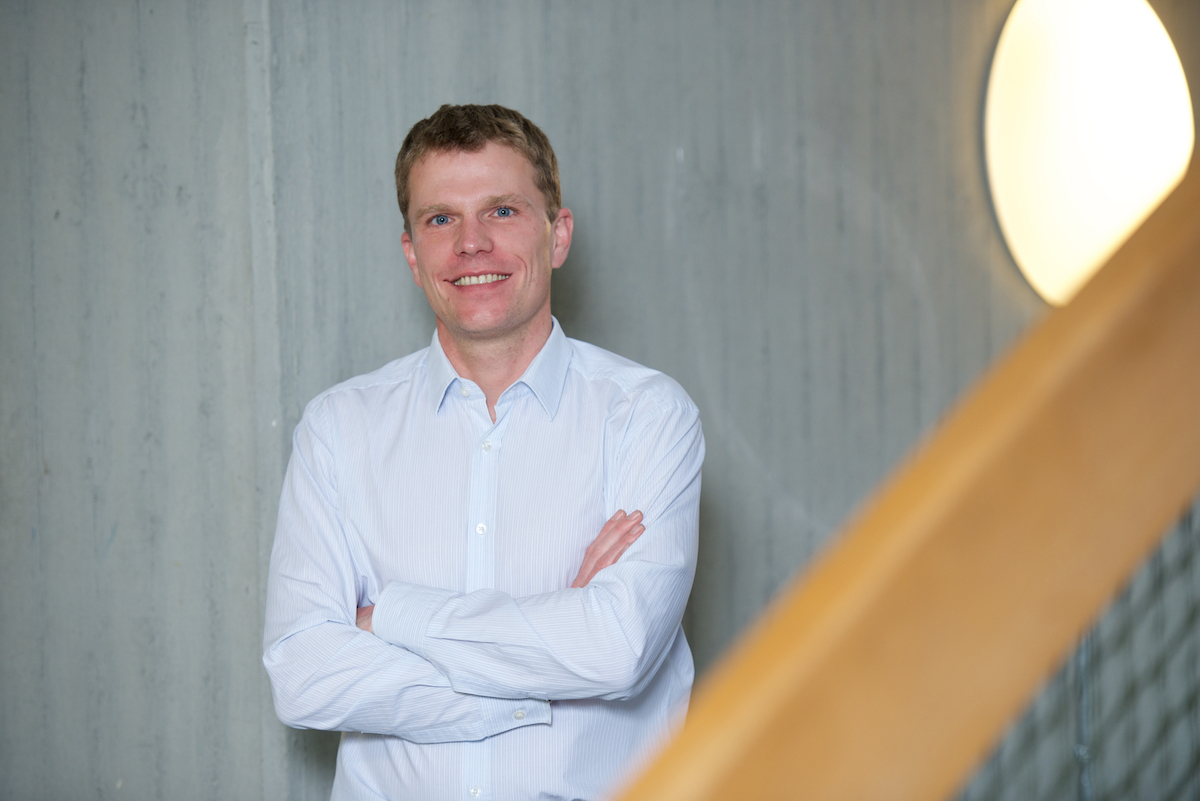
For cohesion in society
Federal Ministry of Education and Research to support cultural studies research initiative at the University of Konstanz
Various population groups feel that they are no longer adequately represented. Parliamentary democracy and its achievements are challenged. Voices and opinions from the right and left of the political spectrum often drown out those from the centre. To address these symptoms of social disintegration, the Federal Ministry of Education and Research (BMBF) has proposed to establish a decentralised yet organised “Institut für gesellschaftlichen Zusammenhalt” (institute for social cohesion) that will carry out scientific research into the structures and perceptions of social cohesion. As the BMBF announced today, the research initiative “Kulturelle Dynamiken der Gegenwartsgesellschaft. Konnektivität, Polarisierung und soziale Schließung” (the cultural dynamics of present-day society: connectivity, polarisation and social exclusion), which researchers from the University of Konstanz conceived in response to the call for proposals, was successful in the competition. It will team up with ten other individual institutions in other locations to develop an overall concept for the institute, which will take up most of the initial one-year phase. During the main phase, the institute will have access to funding in the amount of up to ten million euros per year.
“The way we address issues related to social cohesion – or the lack thereof – will have a major impact on the way we live in the future. With its Centre of Excellence “Cultural Foundations of Social Integration”, the University of Konstanz has made major contributions to resolving social challenges such as these for some time. The new research initiative, which has grown out of our Cluster of Excellence, will provide its outstanding expertise in this area. This makes me very confident about our future“, says Professor Kerstin Krieglstein, rector of the University of Konstanz.
The research initiative “Kulturelle Dynamiken der Gegenwartsgesellschaft” will explore the topic of social cohesion from a cultural studies perspective. It will be led by the legal scholar Professor Daniel Thym from the University of Konstanz's Department of Law. The participating researchers will address questions such as: In what way have socio-economic factors that enable participation and social as well as political participation changed in recent times? How do the mass and social media shape public debates about integration and to what extent are they responsible for growing perceptions among the population of disturbing disintegrative tendencies? In what way can collectively shared feelings of cohesion and belonging be promoted? And finally: To what extent can properly functioning existing institutions strengthen social cohesion?
Often, the various dimensions of social cohesion overlap. Sometimes, there is tension between them. Social media, for instance, can help promote individual everyday networks and resulting feelings of social belonging, while also fuelling polarisation in society as a whole, with Twitter being a prime example. Never before has there been this much diversity – connected via structures and institutions – than in today’s globalized world. “Even the German Basic Law that so many invoke provides little more than a basic framework for cohesion”, says Daniel Thym, speaker of the research team and an expert for immigration, asylum and European constitutional law. “Its relevance to concrete situations is subject to continuous re-negotiation, a process which, by default, involves debate”.
The University of Konstanz’s contribution to the Institut für gesellschaftlichen Zusammenhalt has grown out of its Cluster of Excellence “Cultural Foundations of Social Integration”. The researchers involved in the initiative are from a variety of academic disciplines, including sociology, ethnology and history, literature and media studies as well as law. What is especially important to them is to enter into a conversation with non-academic audiences and to enable both social and political stakeholders to benefit from their research results.
During the initial one-year phase, which will last from 1 January to 31 December 2019, the researchers will have access to funding in the amount of 120,000 euros to develop a concept for the new institute. After the proposal has been coordinated with experts, the BMBF will provide an initial four years’ worth of funding to finance the main research phase.
Facts:
- Federal Ministry of Education and Research (BMBF) will fund a decentralised yet organised “Institut für gesellschaftlichen Zusammenhalt” (institute for social cohesion) that will carry out scientific research into the structures and perceptions of social cohesion.
- University of Konstanz will take part with a new research initiative entitled “Kulturelle Dynamiken der Gegenwartsgesellschaft. Konnektivität, Polarisierung und soziale Schließung” (the cultural dynamics of present-day society: connectivity, polarisation and social exclusion).
- A total of eleven institutions are part of the new “Institut für gesellschaftlichen Zusammenhalt”.
- During an initial one-year phase, from 1 January to 31 December 2019, 120,000 euros will be made available by the BMBF to enable the participating institutions to develop a shared concept.
- After the concept has been coordinated with BMBF experts, the project will initially run for four years.
- The institute will have access to funding of up to ten million euros per year.
